
Recommendation
Retirement should be a carefree time when retirees can savor life without worrying about paying the bills. But your retirement won’t be so savory unless you plan for it and put money aside. Unfortunately, many people make no financial preparations for retirement. With skyrocketing health care costs, longer life spans and the elimination of corporate pensions, an unplanned retirement can mean years of struggle. Retirement specialists Charles D. Ellis, Alicia H. Munnell and Andrew D. Eschtruth examine the current and future state of retirement in the United States and offer sensible recommendations for how the government and American employers and workers can address retirement more effectively and create a proper retirement system with the right planning and preparation. Everyone must plan for his or her senior years, and the authors provide an excellent primer. getAbstract recommends their informative report to organizations, employees and policy makers.
Summary
About the Authors
Charles D. Ellis chairs the Whitehead Institute and has written 16 books. Andrew D. Eschtruth is associate director at the Center for Retirement Research at Boston College where Alicia H. Munnell teaches in the Carroll School of Management. A former member of the President’s Council of Economic Advisers and a former assistant secretary of the Treasury, she spent 20 years at Boston’s Federal Reserve Bank.







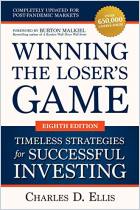
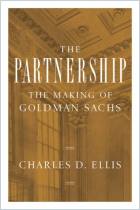
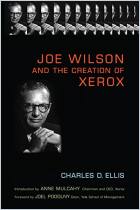
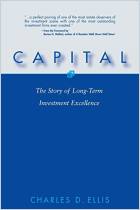
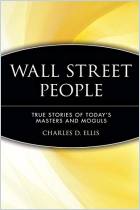
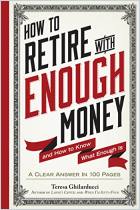
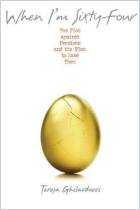
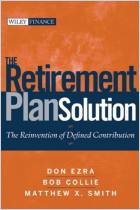
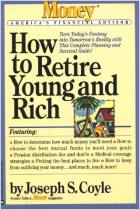
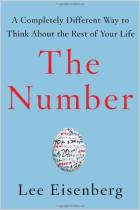
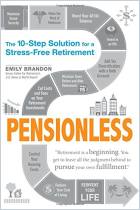


Comment on this summary or Start Discussion